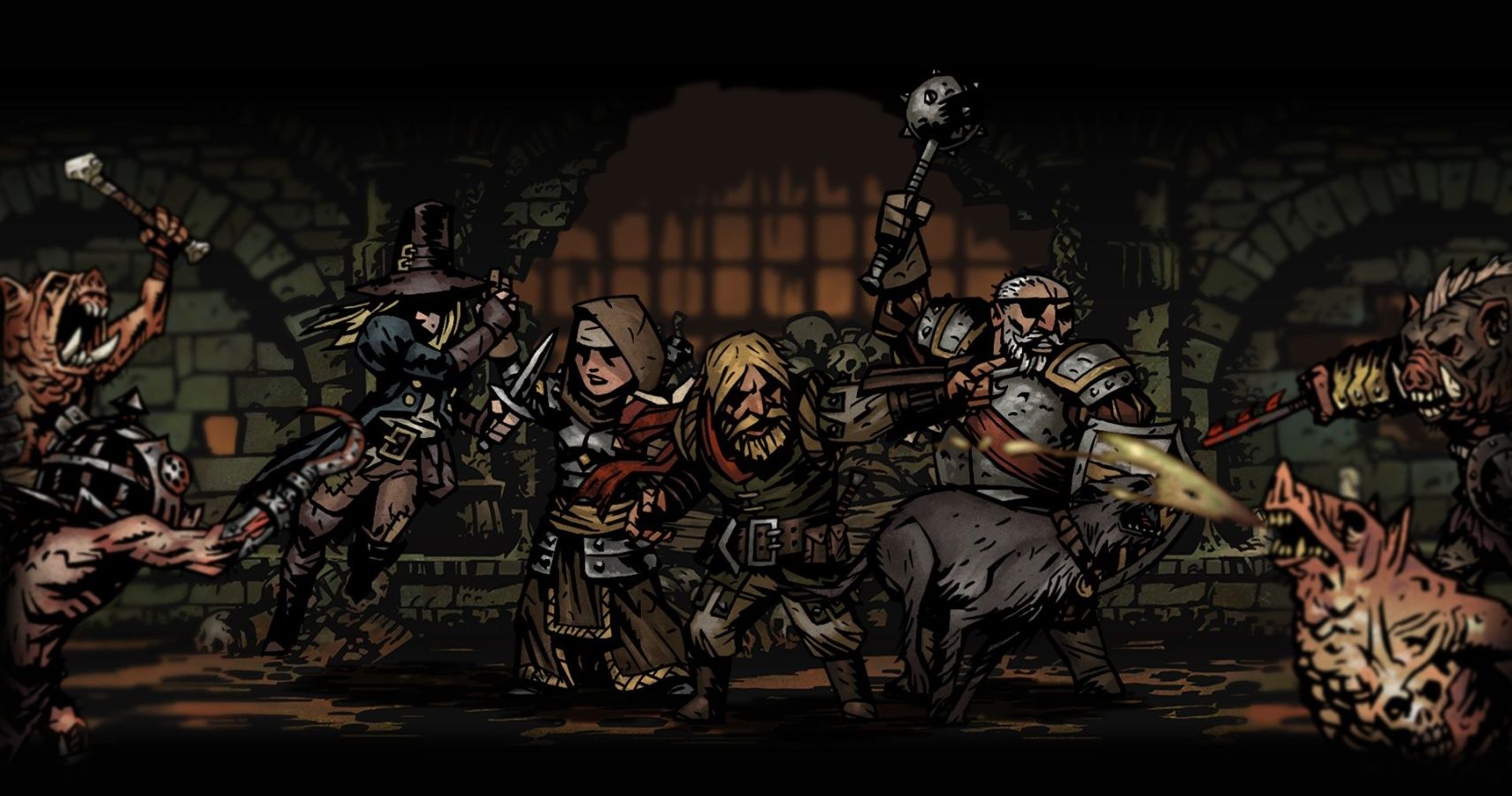
Role-playing games, usually referred to as RPGs, are among some of the most satisfying video games to play. Their complex progression systems and intricate storylines make for an unforgettable experience that can't be found elsewhere. That complexity can also mean difficulty.
RELATED: 10 Cancelled RPG Games You Never Knew Existed
Whether the game burdens players with hundreds of systems or was tuned for masochists, these brutal RPGs can offer some of the best and worst of the genre. Satisfying battles and plenty of deaths are a core part of these games and should be experienced by every RPG fan for the unique experience, no matter how brutal or cumbersome.
Updated February 9th, 2021 by Jack Pursey: The role-playing genre has recently been fired into the forefront of the gaming industry thanks to excellent RPGs like Bloodborne and The Witcher 3. The gameplay formula of such titles is beginning to bleed into some of the gaming industry's most notable franchises, with The Legend of Zelda and Assassin's Creed most notably utilizing common RPG elements in their latest games. One theme of the genre that differentiates it from the crowd is the level of difficulty that many of the games provide. This difficulty has been cranked up to excruciating levels on numerous occasions, so we've decided to expand this list to shine a spotlight on a few more of the genre's most challenging adventures.
15 Nioh
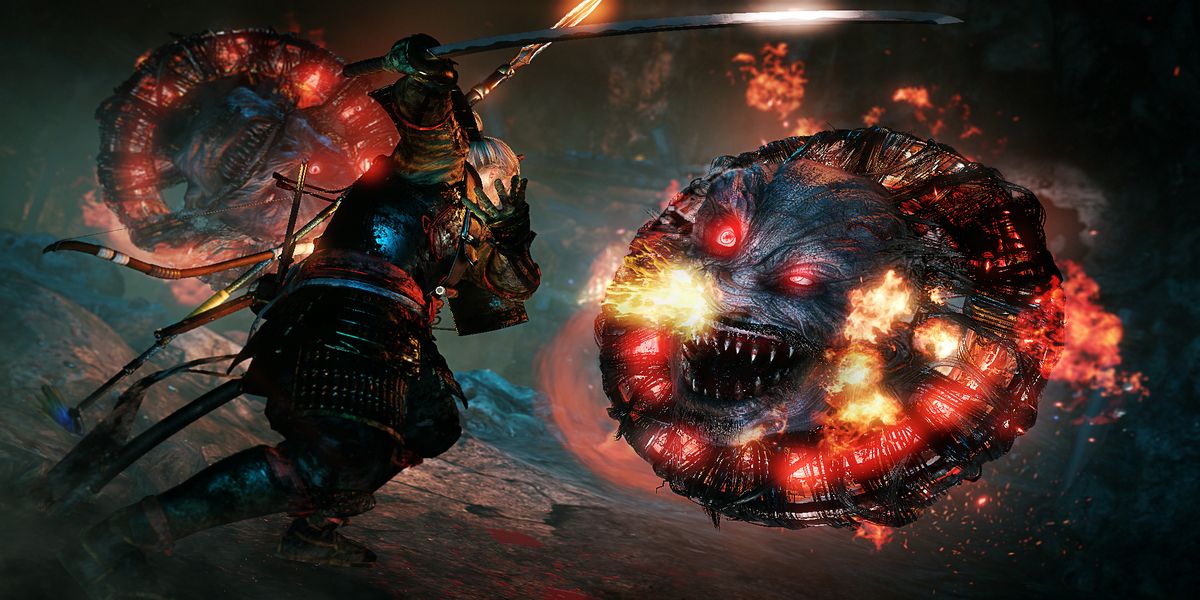
2017's Nioh was created by Japanese developer Team Ninja, who are best known for their work on the Dead or Alive and Ninja Gaiden franchises. Although Ninja Gaiden may seem like an obvious comparison for Nioh, the gameplay is more akin to FromSoftware's Dark Souls.
Team Ninja are certainly no strangers to releasing challenging games, but Nioh sees the developer reach levels of difficulty that are unparalleled to their previous work. A sequel, simply titled Nioh 2, was released in 2020 and offers a similarly brutal experience.
14 King's Field
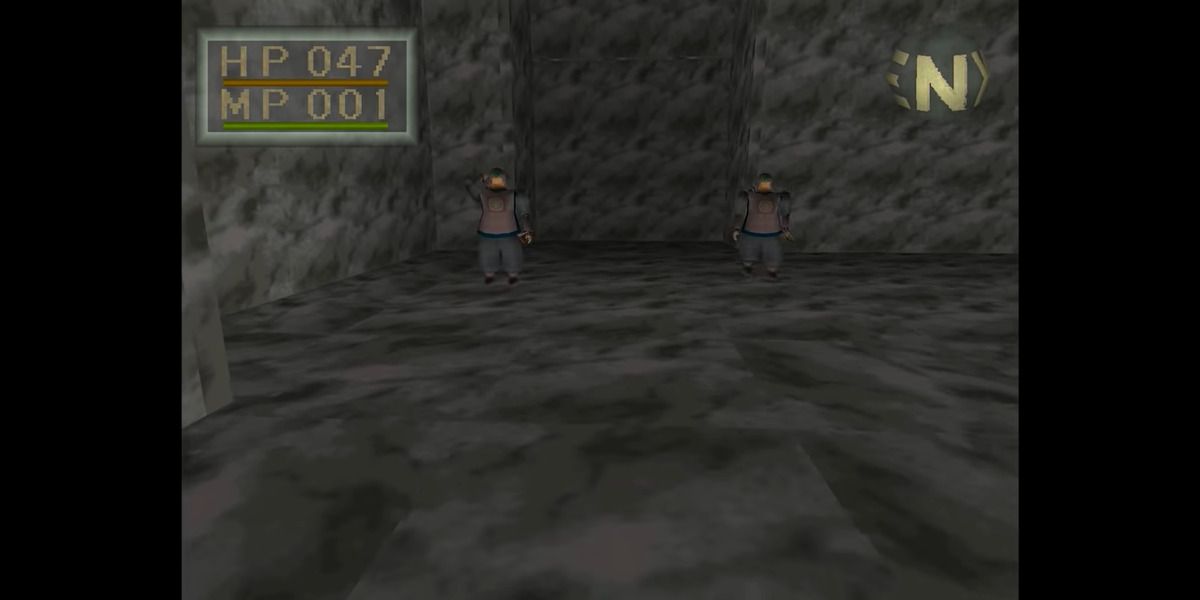
King's Field was released in 1994 and is the first of four entries into the series of the same name. The PlayStation 1 exclusive was developed by FromSoftware, who have since become one of gaming's most revered developers with their critically acclaimed Soulsborne titles.
As anyone who has played a FromSoftware game might expect, King's Field is unapologetic with its punishing difficulty that forces players to fully understand and master the game's combat mechanics. Although the visuals haven't exactly aged like a fine wine, King's Field is still worth fans of the FromSoftware formula checking out today, as the developers managed to do a lot with the studio's limited budget at the time, exemplified by the game's 82.20% score on GameRankings.
13 The Last Remnant
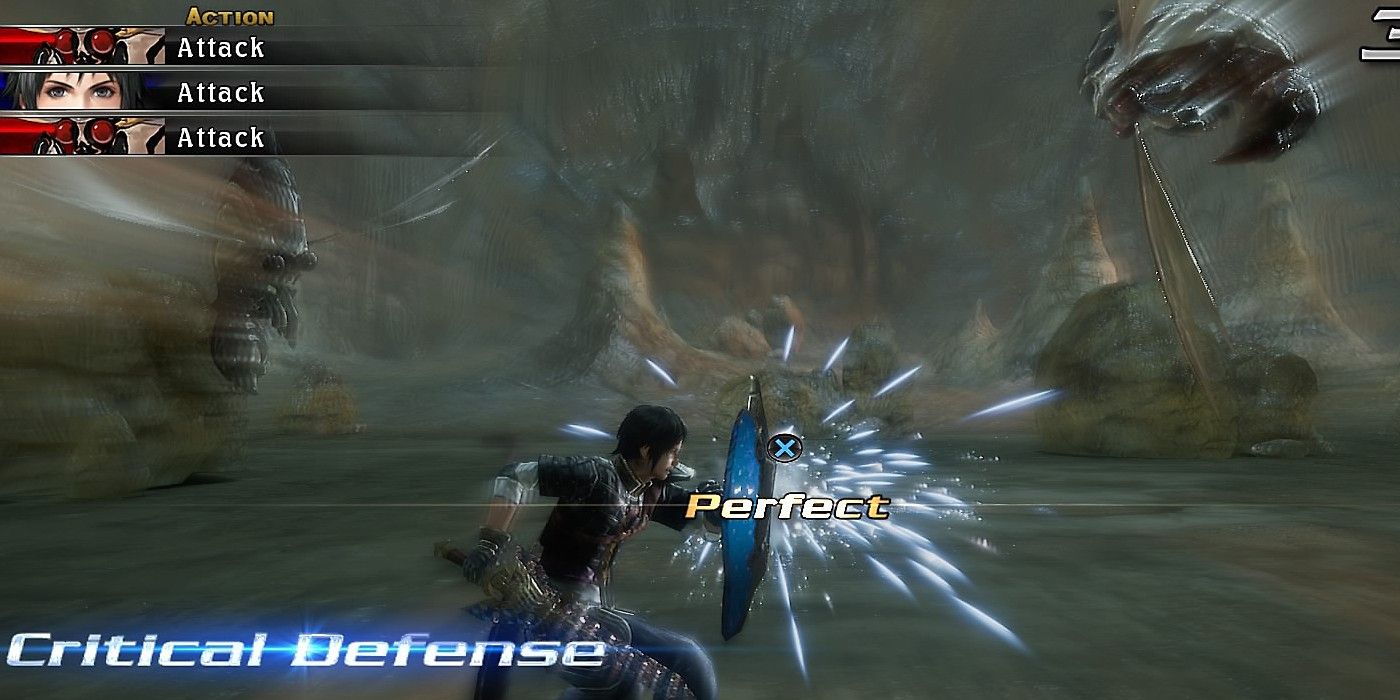
The Last Remnant was initially released on the Xbox 360 in 2008, before sporadically coming to PC, PlayStation 4, Nintendo Switch, and mobile devices. The game was developed by Square Enix, who became a juggernaut of the JRPG genre with their Final Fantasy and Dragon Quest series'.
RELATED: Ranking Every Mainline Final Fantasy Game By Its Battle System
As one would expect from a Square Enix title, the game implements a turn-based battle system. The game's combat is far tougher than the aforementioned Final Fantasy and Dragon Quest franchises though, as The Last Remnant's encounters are some of the most challenging in JRPG history.
12 Baldur's Gate II: Shadows of Amn
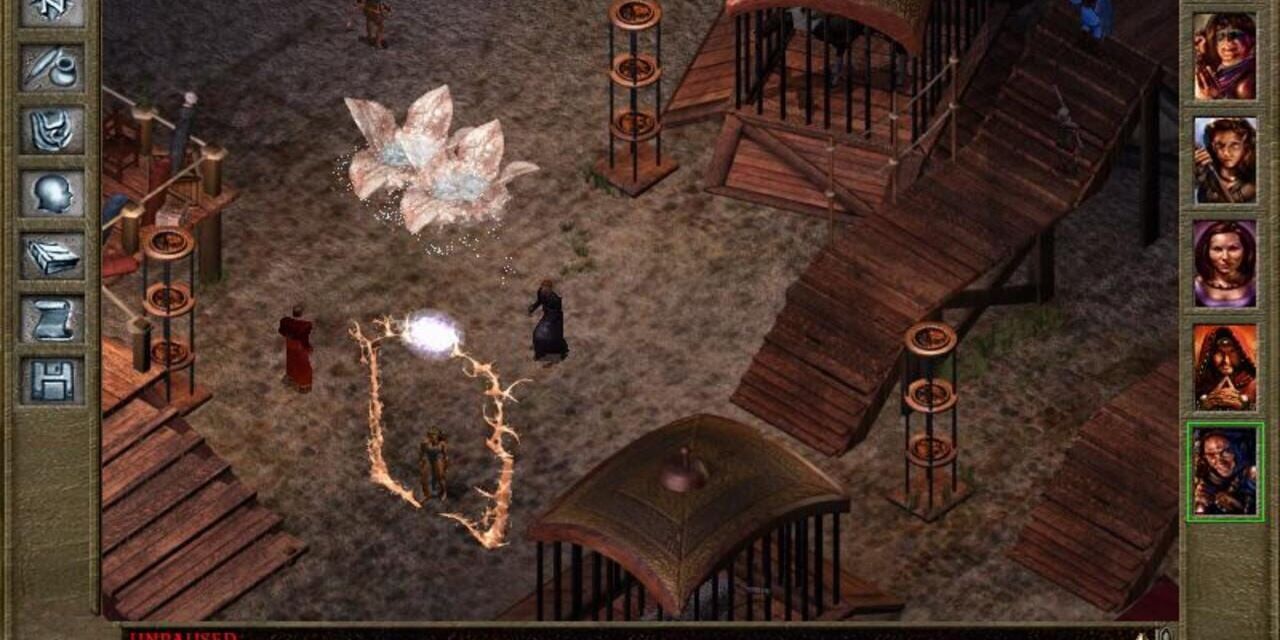
Before BioWare become synonyms with the Mass Effect series, they were known in the world of role-playing games for their Baldur's Gate franchise. The franchise is one of the most beloved RPG series' of all time, with Baldur's Gate II: Shadows of Amn being the most critically acclaimed exemplified by its eye-watering Metascore of 95.
Baldur's Gate II: Shadows of Amn's difficulty comes from the game's demand that players opt for a tactical, strategic approach to combat. The combat becomes bearable once players get to grips with the different strategies available, but it can be a nightmare for people who are still trying to get to grips with the convoluted combat.
11 Bloodborne
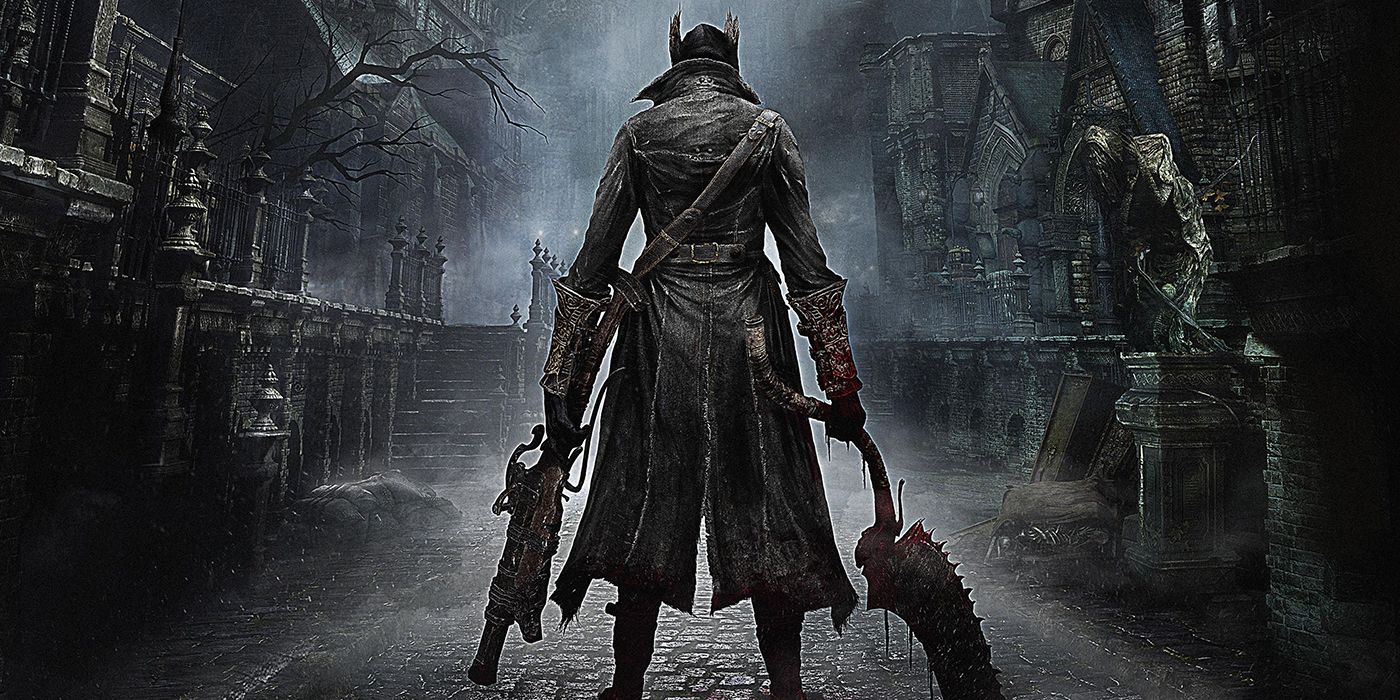
FromSoftware's Bloodborne took the winning formula that Demon's Souls and Dark Souls had created, and placed it in the Victorian-era inspired Yharnam. The city of Yharnam has far more of a horror theme than any of the other Soulsborne titles, though there is an odd beauty in the city's darkness like something out of a gothic fairytale.
The game's setting isn't the only thing differentiating Bloodborne from the Dark Souls trilogy, as the game also has a far more aggressive style to its combat. Bloodborne swaps methodical shield-wielding patience for fast gun & sword action, while rewarding players for their aggression by offering them the chance to regain health if they land a few blows; this mechanic certainly doesn't make the game any easier though, as risking an extra attack will often result in a swift death.
10 Pillars Of Eternity
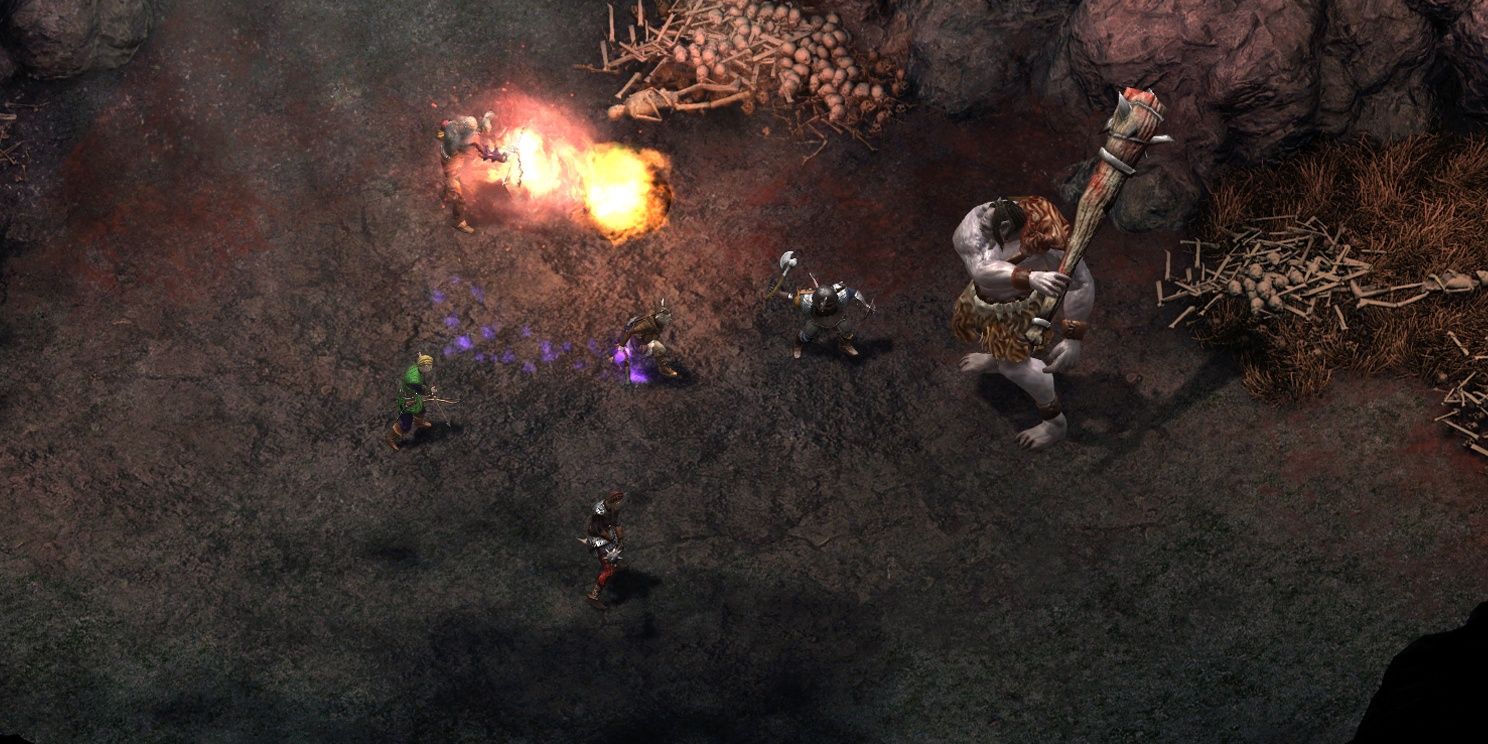
Most gamers accustomed to cRPG titles will consider Pillars of Eternity to be a rather easy game, but many forget just how cumbersome and complex this genre can be.
Pillars of Eternity was confusing to many due to its changes to core stats and real-time combat with pause. This wouldn't be an issue normally if not for the game demanding players to have 100% ability uptime across 6 characters, all while the game is running in real-time. The pause button helps alleviate this, but Pillars of Eternity's clunky mechanics make this game much harder than most and is likely the reason its sequel Pillars of Eternity 2: Deadfire chose turn-based combat instead.
9 Legend Of Grimrock 2
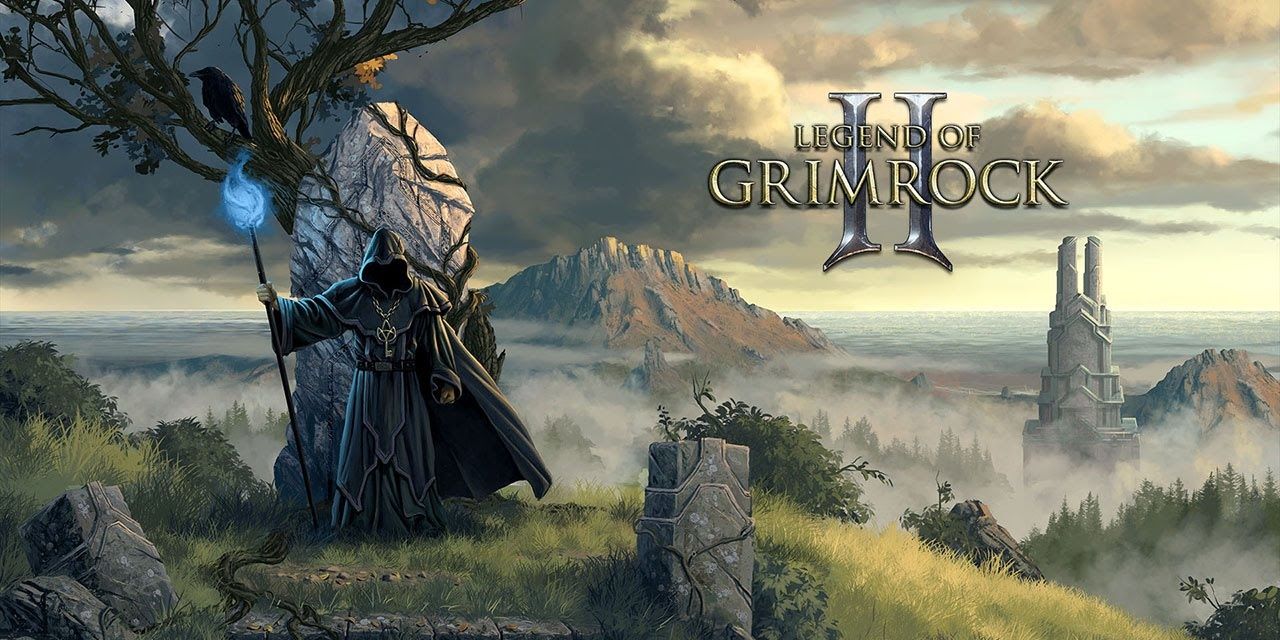
Based on the difficulty of the first game, Legend of Grimrock 2's challenging combat likely came as a byproduct of the game's larger scale and scope.
Legend of Grimrock 2 is one of the best dungeon-crawlers to release in recent memory that isn't a Diablo clone. Players must move carefully through the game's large dungeons that are riddled with traps, puzzles, and plenty of monsters. Unlike most dungeon-crawlers, Grimrock 2 has a fully-explorable open world that is filled with secrets and treasure. If anyone speeds through this game and ignores side content, they'll be in for a tough time.
8 Divinity: Original Sin 2
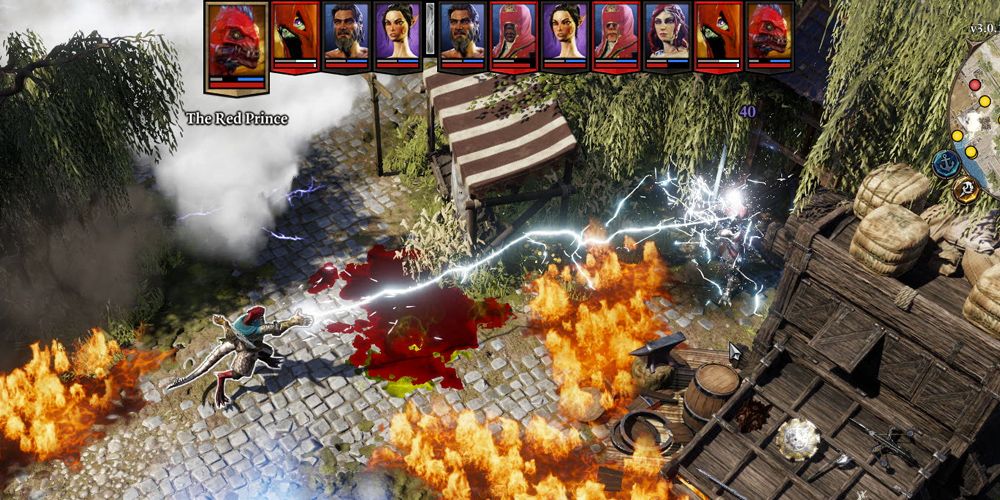
Combat in Divinity: Original Sin 2 is equally fun and brutal. Enemies and players alike have armor values that act as second health bars, only they also provide crowd-control immunity.
This makes dealing as much damage in one turn as possible—commonly referred to as "alpha striking"—to be the best strategy in Original Sin 2. To make this worse, enemies have a wide range of movement skills that nullify the importance of ground effects or damage-over-time skills. If there isn't a damage dealer and a crowd-control character in the group, Divinity: Original Sin 2 becomes a nightmare to beat, particularly on higher difficulties.
7 Final Fantasy Tactics
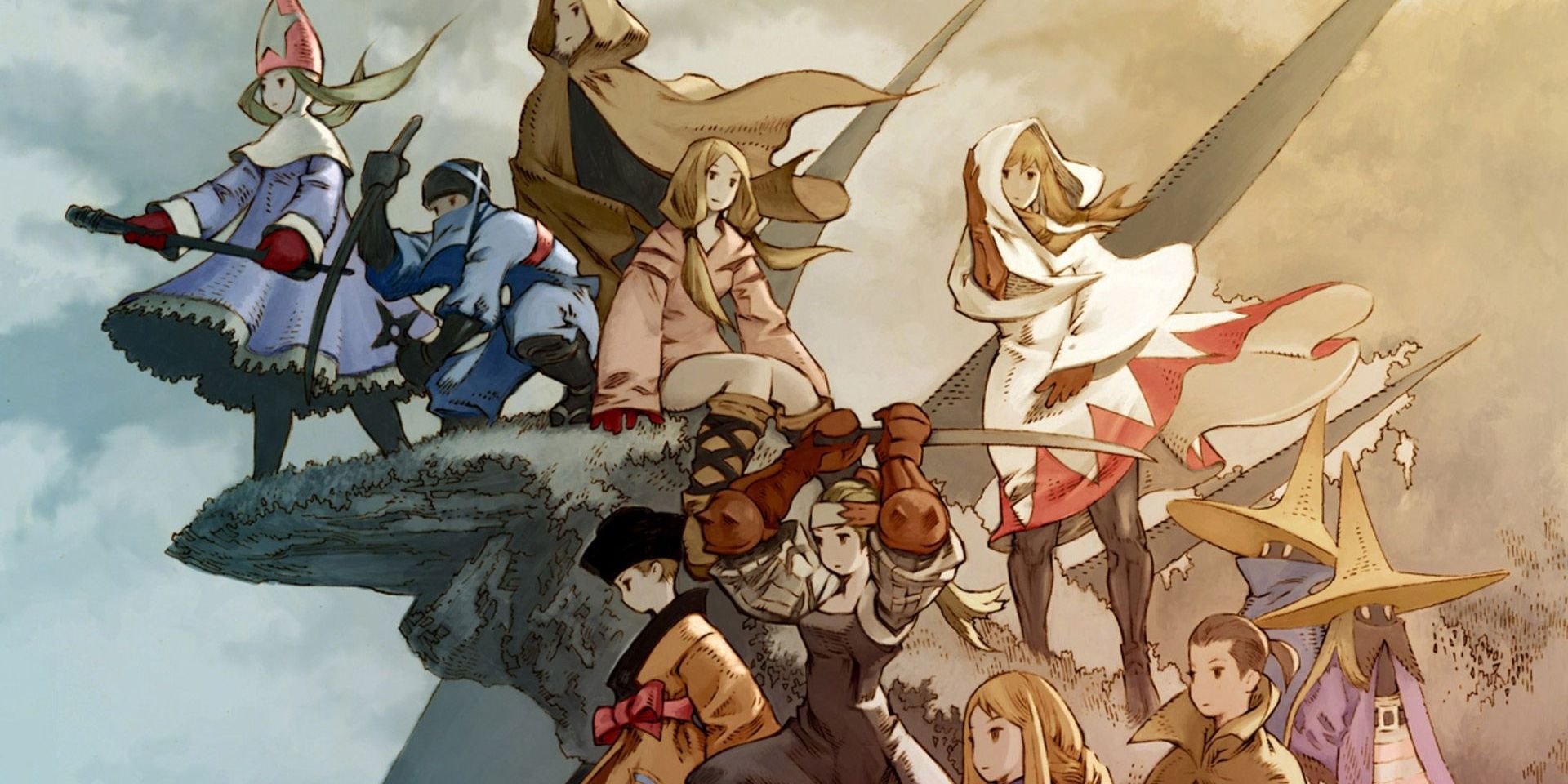
The barrier to entry for Final Fantasy Tactics is incredibly high. Compared to most Final Fantasy titles, Tactics focused much more on difficult turn-based encounters and encouraged strategy much more than the main entries.
RELATED: 10 Best JRPG Villians And Antagonists Of All Time
As a result, many Final Fantasy fans felt alienated when the game's opening hours demanded near-flawless gameplay. The lack of abilities early on makes for a brutal experience that many veteran turn-based RPG fans might be dissuaded by. It gets much easier as the game progresses and new abilities are earned, but the early game for Tactics is enough to turn many series fans away from it.
6 Fire Emblem Fates
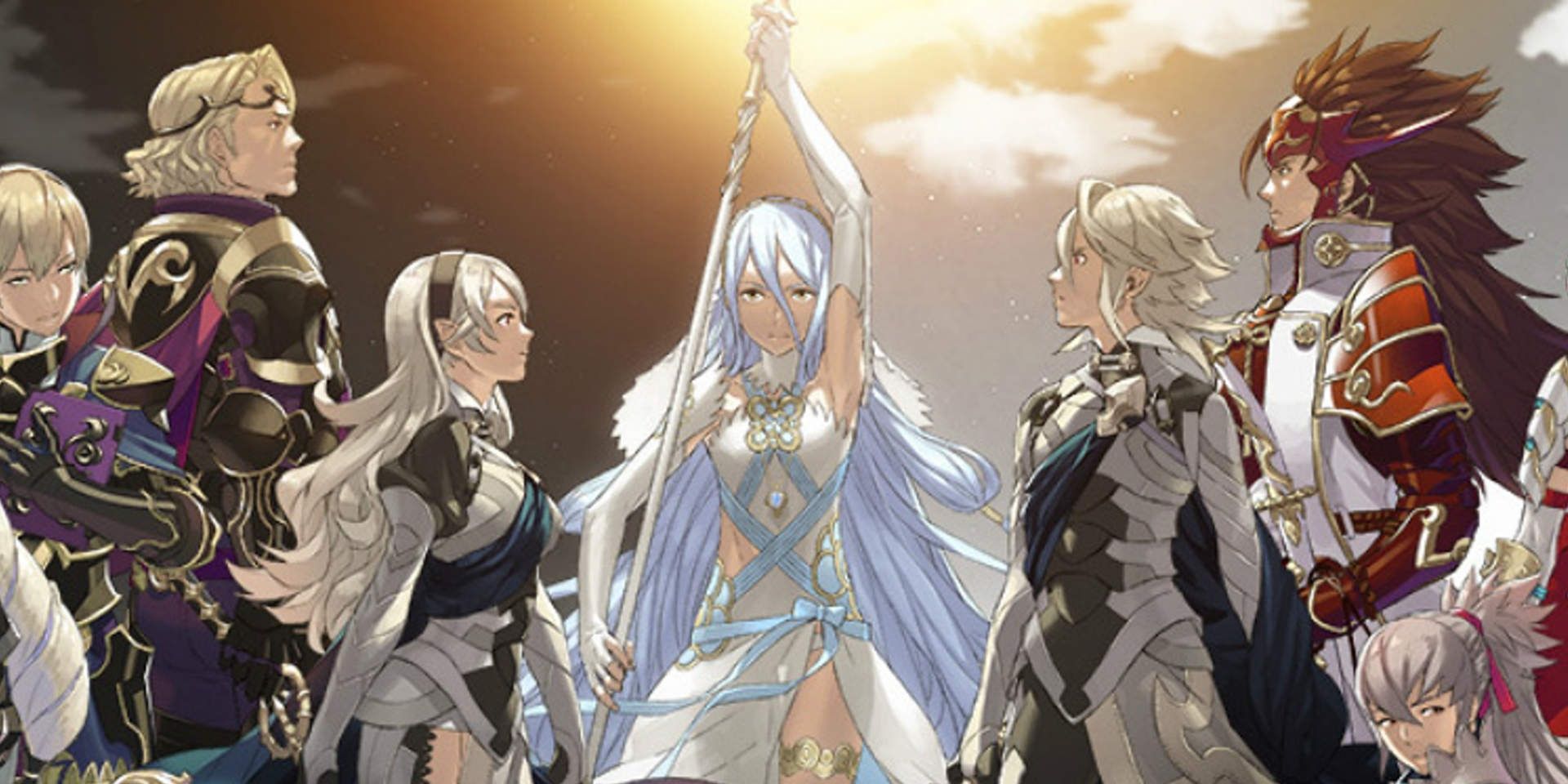
All three entries in the Fire Emblem Fates series of games are known for being difficult turn-based RPGs. Each game in the series focused on different gameplay styles such as Conquest being more focused on clearing out levels for additional gold and experience.
The issue with this series has nothing to do with Fates, but rather Fire Emblem: Awakening. Awakening was more focused on getting players into the series by ramping down the number of mechanics enemies used and generally being more forgiving than other installments. Many players jumped from Awakening to Fates and were in for a much more punishing experience than anticipated. Fire Emblem Fates itself is by no means a soul-crushing RPG, but the large jump of difficulty between Awakening and the Fates series was jarring at best.
5 Shin Megami Tensei Series
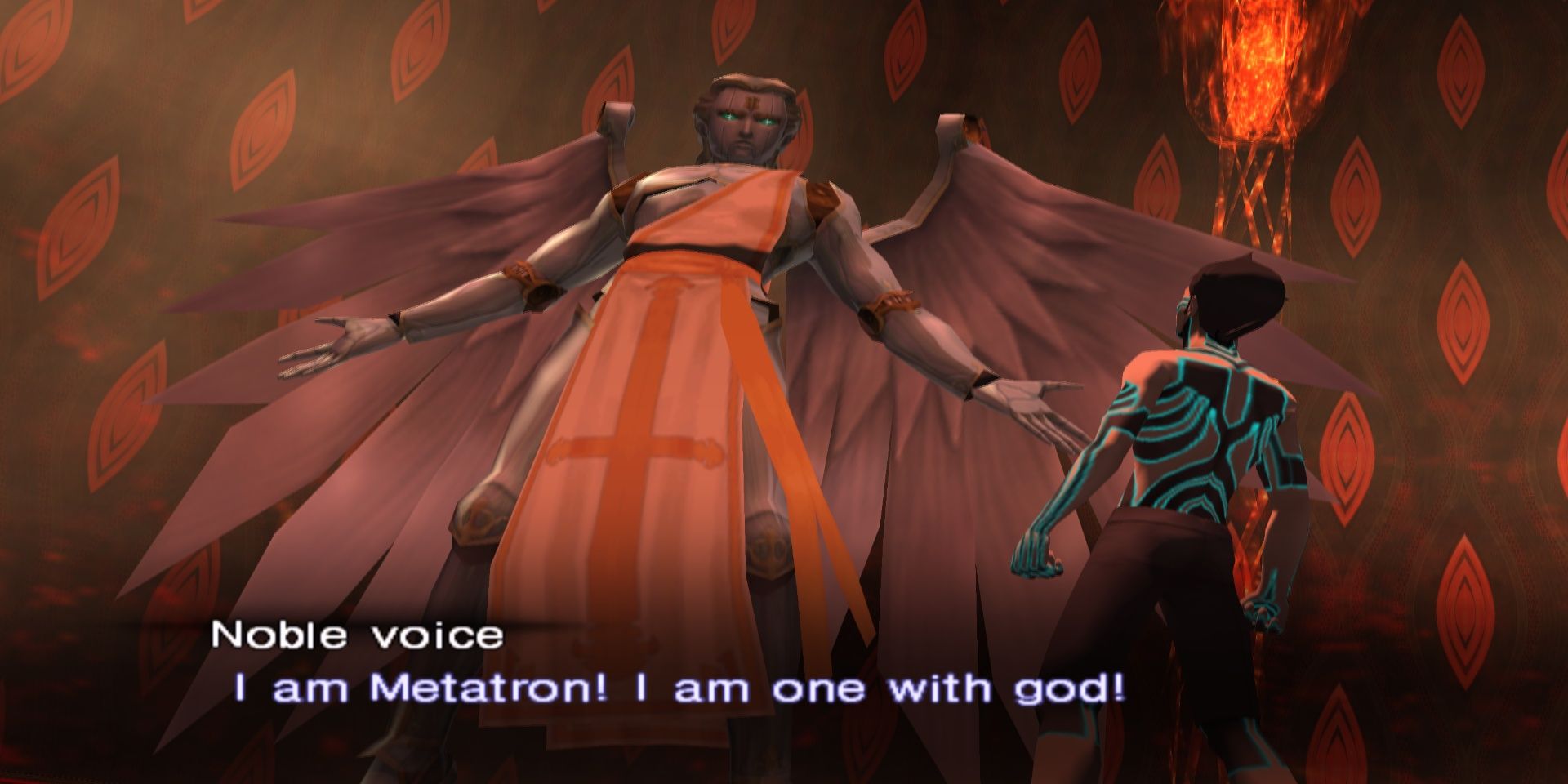
It's hard to mark a specific game in the Shin Megami Tensei series as the hardest. Most titles in the franchise are equally difficult as they are engaging.
Many western gamers will know of its subseries Persona, but the Megami Tensei games stretch across dozens of titles. They are all known for their difficult turn-based combat and urban environments with post-apocalyptic themes. Exploiting weaknesses in combat and utilizing demons is key to succeeding in these games. Don't let the difficulty be discouraging, however. The narratives present in these games are more than worth the pain combat can bring.
4 Dark Souls
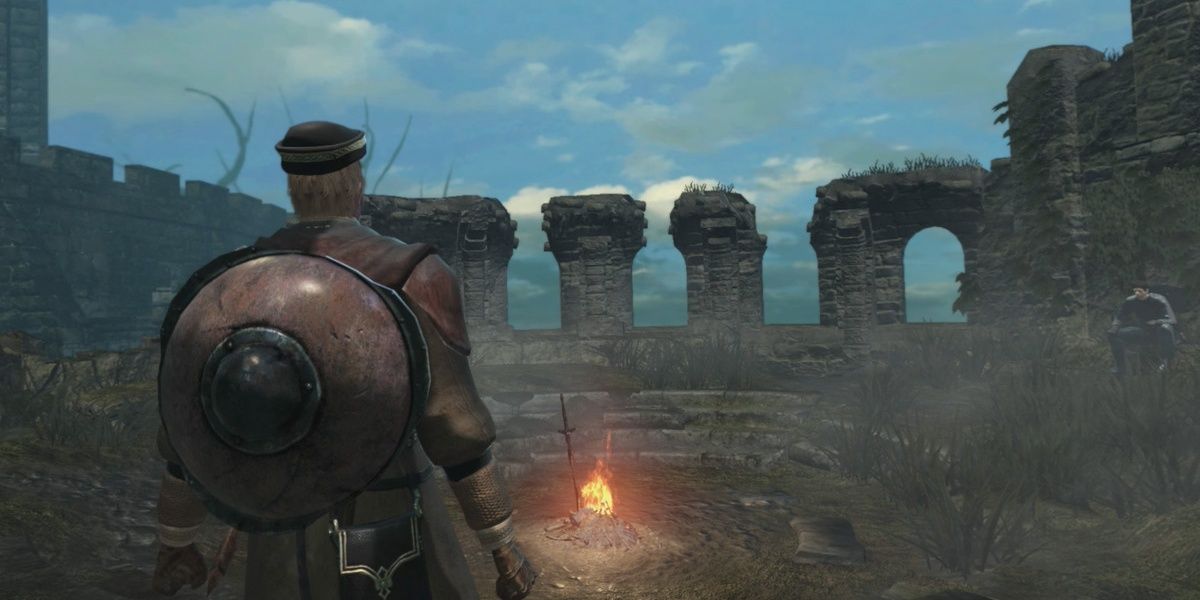
Never has a game evoked a mixture of melancholy and accomplishment quite like Dark Souls. This franchise is frequently regarded as the hardest series of games ever made. While that is arguably hyperbole, it comes from a place of truth.
RELATED: Top 10 Scariest Dark Souls Enemies
Death is a learning experience in Dark Souls. Souls, the game's currency used to level up and upgrade gear, are dropped on death. Dying a second time causes those Souls to be lost forever. This amplifies every combat encounter's intensity, and this reaches a fever pitch on the game's boss fights that can kill players in two hits. Its difficulty helps teach players to overcome insurmountable odds and better themselves, both in-game and out. Dark Souls might make players rage frequently, but it is the quintessential example of how games are an art form.
3 Gothic
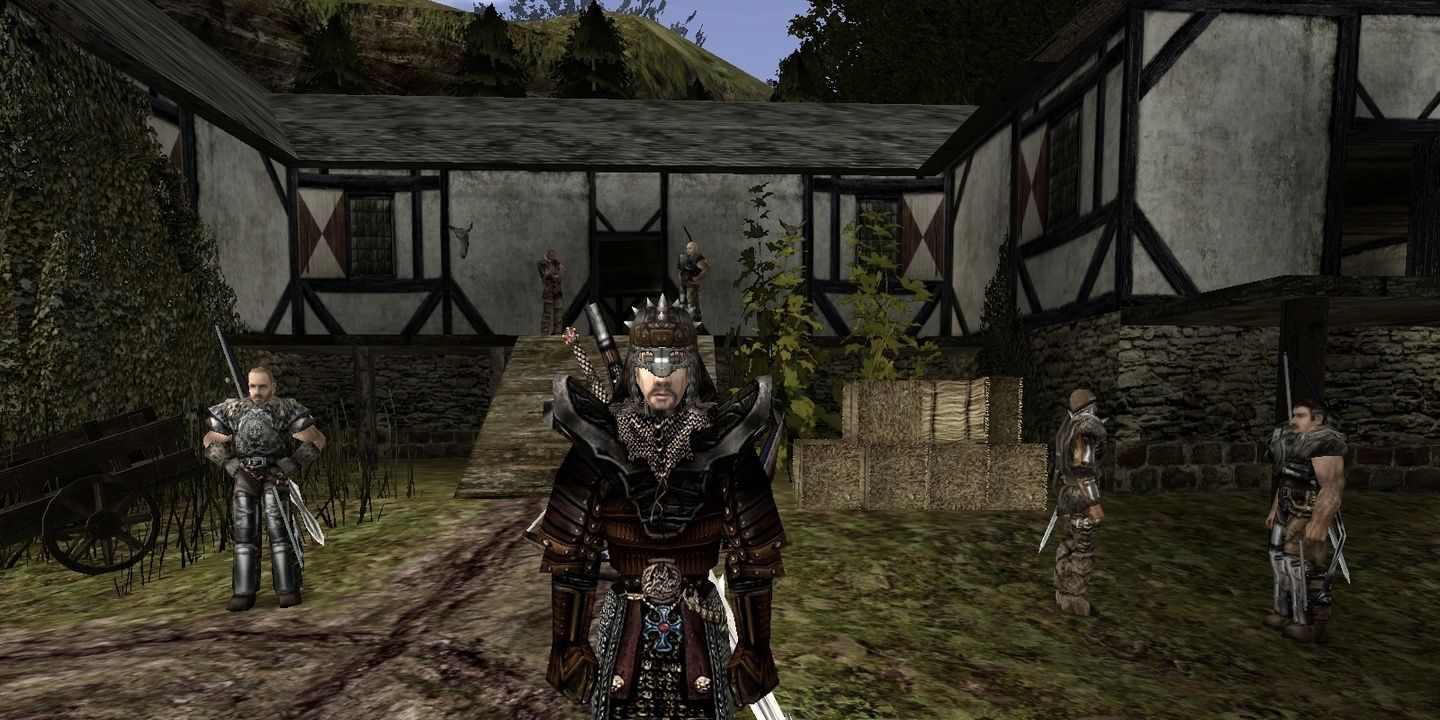
Magic and fantasy go together well for any RPG setting, but few games portray a world with magical elements as well as the Gothic series. The setting of Gothic is rather grim, forcing humans to mine for magical ore that might help humanity win a losing war against the Orcs.
Things go horribly wrong, and the miners end up controlling part of the colony and plan to escape. The main character is caught in the middle of this. No one can be trusted, and playing as a good guy like most RPGs has conditioned players to do will blow up spectacularly here. Controls are also clunky by modern standards, further increasing the difficulty of Gothic's already brutal combat.
2 Darkest Dungeon
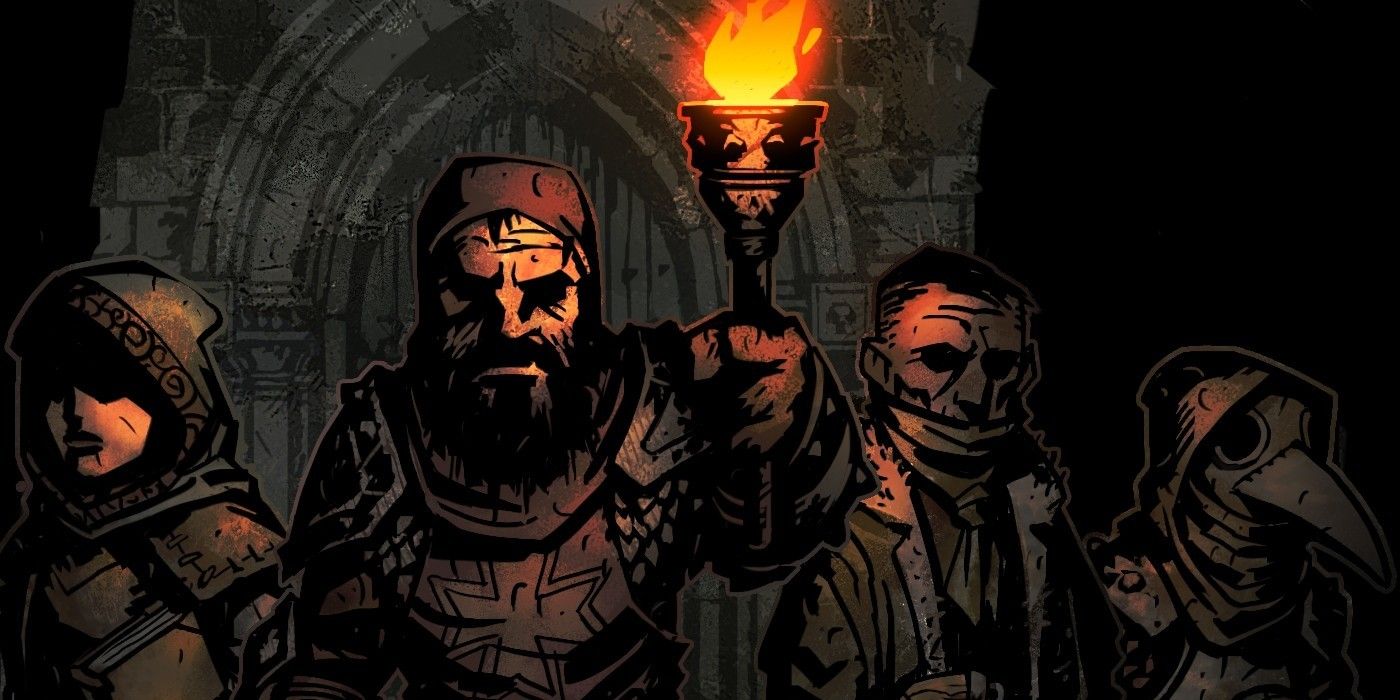
Dungeon-crawling is typically associated with aRPG giants such as Diablo or Path of Exile. Like Legends of Grimrock 2, Darkest Dungeon is a much slower and more methodical dungeon-crawler than those titles.
It's much harder, too. Many argue it's too punishing to be considered fun. Similar to games like XCOM, Darkest Dungeon's turn-based combat is mostly percentage-based. Few things are guaranteed in this game besides the likelihood of a character's death. Sanity is a core mechanic that players must manage or they risk losing their hard-earned characters to the twisted creatures that lie in the darkness.
1 Wizardry IV: The Return Of Werdna
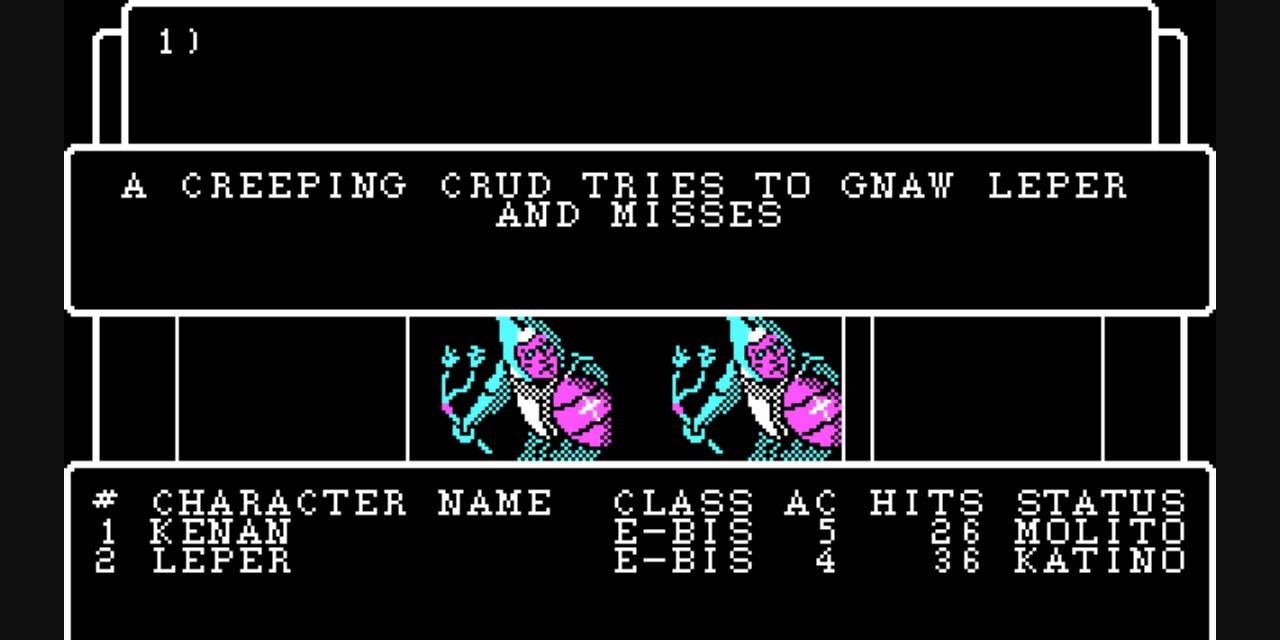
Nothing remotely comes close to the difficulty of Wizardry IV: The Return of Werdna. As a strange role flip of the first Wizardry, players take control of the antagonists from the first title. It was a novel idea that panned out horribly.
Players took on the protagonists from the first three Wizardry titles that use the same abilities players did in those games. This resulted in lopsided combat against the player, but it gets even worse. Experience points were completely removed in this installment, making combat encounters reward nothing and removing the progression system that made past Wizardry games so enjoyable. It is no surprise this game was a complete flop at release, with only the most hardcore of Wizardry fans enjoying it for its masochistic difficulty. Still, its uncompromising difficulty should be experienced by every RPG fan that likes difficult titles.
NEXT: The 10 Best Square Enix Games That Aren't Final Fantasy

